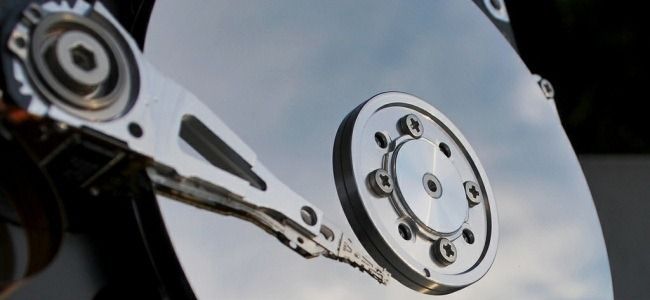The title explains itself.
I'm using Darik's Boot and Nuke to securely erase an HDD.
I'm using the RCMP option, which involves 8 passes, and it seems good enough for that.
I also saw an option called Gutmann Wipe, which involves 35 passes, but it seems overkill.
I'm using Darik's Boot and Nuke to securely erase an HDD.
I'm using the RCMP option, which involves 8 passes, and it seems good enough for that.
I also saw an option called Gutmann Wipe, which involves 35 passes, but it seems overkill.


